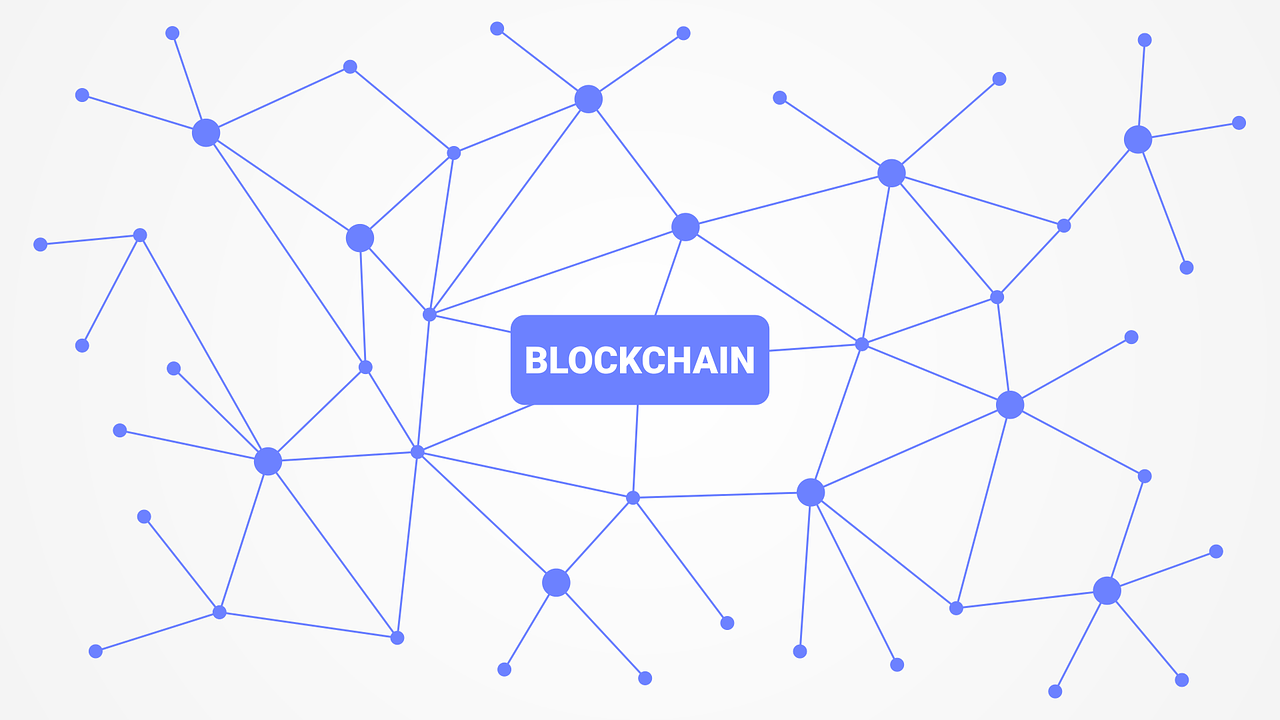NFTs Beyond Art: Unlocking the Potential of Non-Fungible Tokens in Various Industries
Introduction:
Non-Fungible Tokens (NFTs) have garnered widespread attention for their applications in the art world, but their potential extends far beyond the realm of digital art. In this article, we’ll explore how NFTs are revolutionizing various industries and unlocking new opportunities for creators, businesses, and investors.
Understanding Non-Fungible Tokens (NFTs):
NFTs are unique digital tokens that represent ownership or proof of authenticity of a specific asset or piece of content on a blockchain. Unlike fungible cryptocurrencies like Bitcoin or Ethereum, NFTs are indivisible and cannot be exchanged on a one-to-one basis. Each NFT is unique and distinguishable, making it ideal for representing digital assets with unique attributes.
Applications Across Industries:
NFTs are being used in a wide range of industries beyond art, including gaming, entertainment, music, sports, real estate, and collectibles. In gaming, NFTs enable players to own and trade in-game assets such as characters, weapons, and virtual real estate. In entertainment, NFTs are used to tokenize digital content such as music, videos, and virtual experiences, allowing creators to monetize their work and engage with fans directly.
Tokenization of Real-World Assets:
One of the most promising applications of NFTs is the tokenization of real-world assets, such as real estate, luxury goods, and intellectual property. By representing physical assets as digital tokens on a blockchain, NFTs enable fractional ownership, liquidity, and global access to assets that were previously illiquid or inaccessible to the average investor. This opens up new investment opportunities and democratizes access to asset classes traditionally reserved for high-net-worth individuals.
Intellectual Property and Digital Ownership:
NFTs provide a secure and transparent mechanism for proving ownership and authenticity of digital assets and intellectual property. Creators can tokenize their work as NFTs, establishing verifiable ownership and creating scarcity in the digital realm. This enables creators to monetize their creations, protect their intellectual property rights, and engage with collectors and fans in novel ways.
Challenges and Considerations:
While NFTs offer exciting opportunities, they also pose challenges and considerations, including scalability, interoperability, copyright issues, and environmental concerns related to blockchain energy consumption. Additionally, the NFT market is still nascent and volatile, with fluctuations in value and speculative behavior.
Conclusion:
Non-Fungible Tokens (NFTs) are reshaping how assets are created, owned, and exchanged across various industries, unlocking new possibilities for creators, businesses, and investors. By leveraging blockchain technology and the principles of digital ownership and scarcity, NFTs enable novel use cases such as gaming assets, digital collectibles, real-world asset tokenization, and intellectual property protection. As the NFT ecosystem continues to evolve and mature, it holds the potential to democratize access to assets, empower creators, and redefine value exchange in the digital age.





